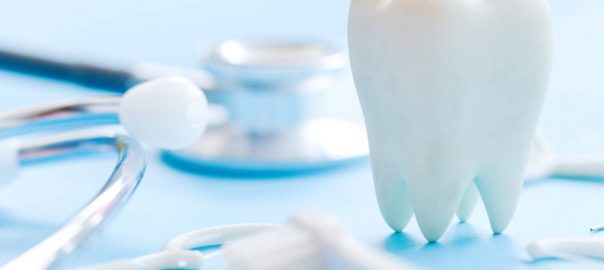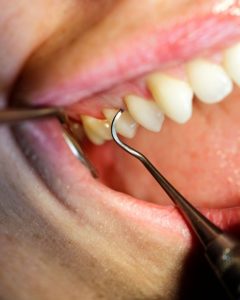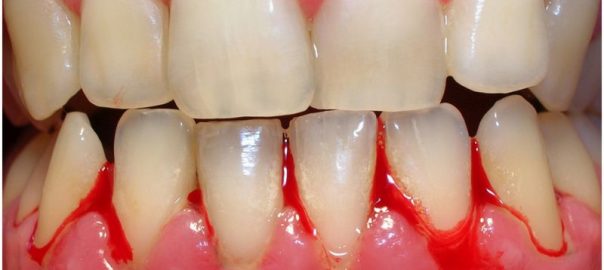Dentist in Vikaspuri call for extreme oral hygiene measures in this population group at special risk compared to COVID-19.
The optimal care of oral health in people with diabetes is an indispensable habit, and even more in these times of coronavirus pandemic. Proper hygiene oral as well as a rapid and efficient dental work to prevent or treat disorders gums, helps prevent and/or controlling inflammatory disorders (such as periodontitis) originating in the mouth but which impact on the overall health (due to its systemic nature) and that usually alter glycemic control in people with diabetes.
Minimizing these inflammatory phenomena is currently crucial in this group of people, especially considering that they already have a higher risk than the general population of progressing worse and suffering more complications (including death) if they develop COVID. -19. Specifically, 40% diabetic patient would be over 65 years old, which would add two important risk factors for the worst prognosis in the face of this viral infection.
These people with diabetes are advised not to postpone their consultation to the best dentist in Vikaspuri in the event of any notable event. In the face of periodontal infection, significant gingival bleeding, suppuration or periodontal abscesses, as recommended by the dentist, “it is advisable that you contact your dentist in Janakpuri to assess the need for some type of periodontal treatment of urgency, with the aim of avoiding situations that could negatively influence your general health ”. On the other hand, indicates the best dentist in janakpuri, “it is also essential that they eat in a healthy and balanced way and that, to the extent that this situation offers us, they carry out daily physical exercise.”
As detailed by the components of the ‘Diabetes and Periodontal Diseases’ Working Group, there are several reasons why a patient with diabetes has to isolate himself and take much more care of himself :
1) The person with diabetes has a compromised immune system, which responds inadequately against infections, whether they are bacterial, fungal or viral. In the case of the coronavirus, this will facilitate its spread within the lungs, against which the patient’s immune system will try to resist. This fight is based on the exaggerated release of large amounts of proinflammatory cytokines, substances whose mission is to eradicate the virus, but which, collaterally, produce a situation of inflammation not only at the pulmonary level but in a generalized way.
2) This elevation of inflammatory markers in the blood will be responsible for the production of insulin resistance and, as a consequence, for a higher elevation of the levels of glycated haemoglobin. Therefore, COVID-19 in a patient with diabetes can significantly increase the risk of uncontrolled blood glucose, with its subsequent complications.
3) On the other hand, some of the treatments used in patients with COVID-19 (such as, for example, high-dose corticosteroids) also cause an increase in both blood pressure and levels of glycated haemoglobin, which It can also uncontrol the diabetes of these patients. One of the complications observed in patients with COVID-19 is cardiovascular, both as a consequence of the viral infection itself and of the treatments used against it (as is the case with chloroquine-type antimalarials).
4) In addition, many patients with diabetes, especially those who are older, already have a cardiovascular complication, which increases the risk of worsening diabetic disease.







